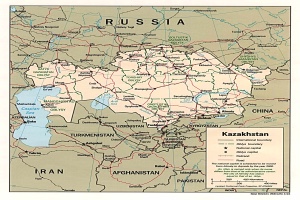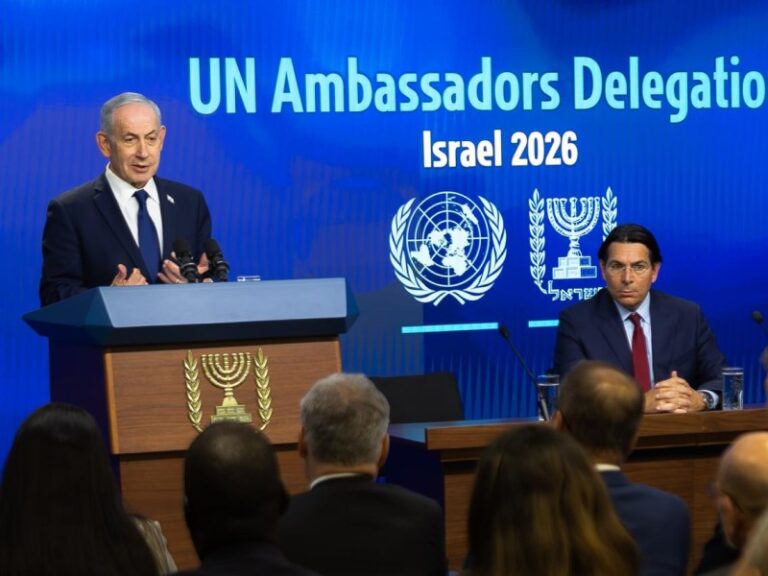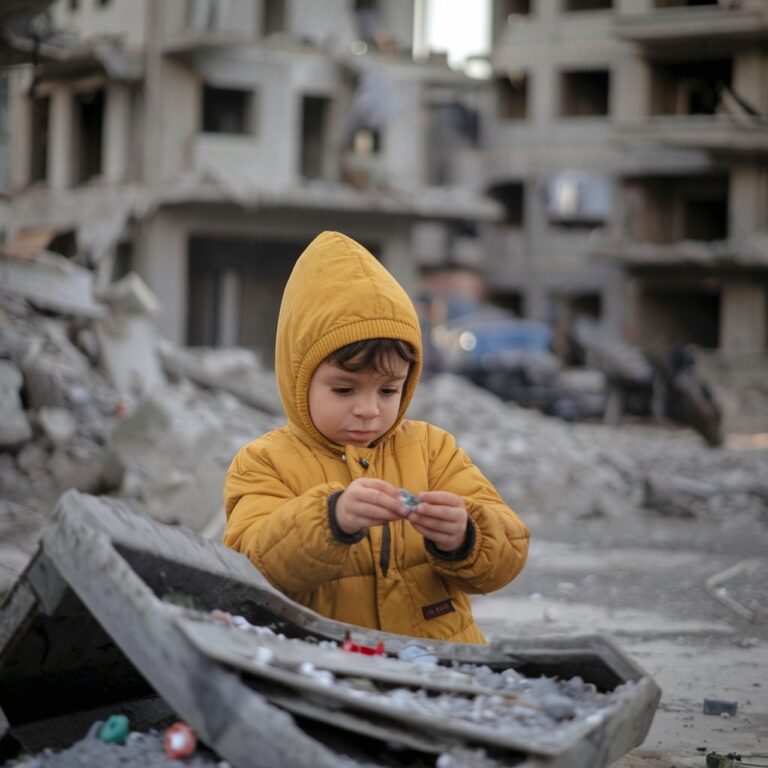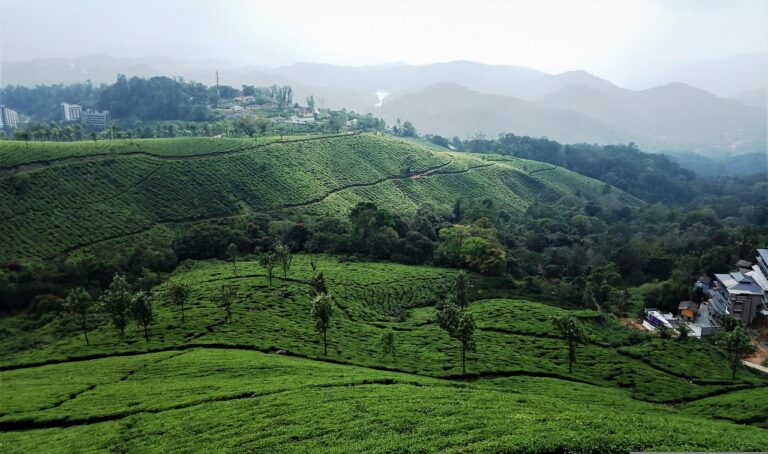
Almaty/Geneva/Washington/Beijing/Moscow: The Russia-led Collective Security Treaty Organization(CSTO ) Collective Peacekeeping Forces arrived at Kazakhstan today for “stabilising and normalising the situation” in the country which sees the worst street unrest since it gained independence 30 years ago. Kazakhstan, the Russian Federation, Belarus, Tajikistan, Kyrgyzstan and Armenia are the members of CSTO.
The troops arrived following a request by the President of Kazakhstan Kassym-Jomart Tokayev. The UN High Commissioner for Human Rights Michelle Bachelet highlighted in Geneva that use of force by all security forces, including foreign forces, to maintain and restore public order, should be guided by international law norms and standards applicable to law enforcement officials.
The Russian foreign ministry, while reaffirming its commitment to allied obligations within the CSTO, viewed the recent developments “in this friendly country as externally provoked attempts at disrupting the security and integrity of the state through violent means, including trained and organised armed groups”. In Moscow, the pro-Kremlin media had been portraying the bloody protests on the streets of Kazakhstan as a plot against Russia as Moscow wields considerable influence on the troubled country.
Russia said it will continue its close consultations with Kazakhstan and other allies in the CSTO to analyse and develop, if necessary, further effective measures, primarily for assisting the counter-terrorist operation by Kazakhstan’s law enforcement agencies, ensuring the safety of all civilians in the country without exception, and securing all critical infrastructure facilities and their operations and bringing them back under the control of the Kazakh authorities.
A police spokesperson in Kazakhstan’s main city, Almaty, said today that security forces had killed dozens of protesters in the country. In addition, almost 1,000 people have reportedly been injured in the protests, which began on January 2, 2022 after the government lifted price caps for liquefied petroleum gas and the cost of fuel doubled.. According to the Kazakh Interior Ministry, 12 law enforcement officers have died in the unrest and 317 police officers and members of the National Guard have been injured. At least 60 injured are in intensive care, media reports said.
According to reports, intense shooting erupted today between the military and armed individuals in front of Almaty city hall. Riot police allegedly used tear gas grenades and flashbang grenades in clashes with demonstrators in Almaty. Protesters seized some government buildings in the city, setting them on fire, and attempted to storm police stations.
Yesterday, the protesters had set ablaze the former presidential residence and the offices of the governing Nur Otan party in Almaty, even as the ruling party dismissed the cabinet and the prime minister.
The US Secretary of State Antony J. Blinken spoke today with Kazakhstani Foreign Minister Mukhtar Tileuberdi regarding the ongoing state of emergency in Kazakhstan. The Secretary reiterated the United States’ full support for Kazakhstan’s constitutional institutions and media freedom and advocated for a peaceful, rights-respecting resolution to the crisis. The Secretary also raised the priority of promoting stability in Europe, including support for Ukraine’s sovereignty and territorial integrity in response to Russian aggression.
In Beijing, Chinese foreign ministry spokesperson Wang Wenbin today described the developments in Kazakhstan as its “domestic affairs” and said the Kazakh authorities can properly resolve the issue. “We hope the situation could stabilize as soon as possible and normal social order could be restored,” Wenbin said.
Amid alarming reports of deadly violence in Kazakhstan, UN Human Rights High Commissioner Bachelet today urged all, including security forces, protesters and others, to refrain from violence and to seek a peaceful resolution of grievances.
“International law is clear: people have the right to peaceful protest and freedom of expression. At the same time, protesters, no matter how angry or aggrieved they may be, should not resort to violence against others,” Bachelet said.
The High Commissioner reminded the Kazakh authorities that force must be employed subject to strict requirements of necessity and proportionality. Lethal force, in particular live ammunition, should only be used as a last resort against specific individuals to address an imminent threat of death or serious injury.
A state of emergency declared in several areas on January 5, 2022, including in the main city of Almaty and the capital, Nur-Sultan, has now been extended to the whole country. The state of emergency, including a curfew from 11pm to 7am, is due to remain in place until 19 January.
“States do have the right to declare states of emergency under certain narrow circumstances, but any derogation of human rights is subject to strict requirements of necessity and proportionality. Certain rights, including the right to life, the prohibition against torture and other ill-treatment, and the right not to be arbitrarily detained continue to apply in all circumstances,” the UN Human Rights Chief stressed.
According to Kazakh officials, more than 2000 people have been taken into police custody. Bachelet called for all those arrested and detained solely for exercising their rights to peaceful protest and freedom of expression to be released. She stressed that all allegations of human rights violations should be promptly, independently and thoroughly investigated. The State also has a duty to ensure that all due process rights of those detained are fully respected.
Since Sunday, January 2, 2022, Internet services have been significantly disrupted in Kazakhstan, progressing to a complete shutdown.
“Shutting down the Internet – in effecting curbing people’s access to information and their right to freedom of expression, assembly and participation, as well as a host of other rights – is not the answer to a crisis but risks fuelling the violence and unrest,” Bachelet said.
“I urge the Kazakh authorities to ensure Internet services, which are also vital for emergency health services during the COVID-19 pandemic, are immediately and completely restored,” the High Commissioner said.
“I note that the Kazakh Government has indicated its hope that there can be an inclusive and constructive dialogue with protesters. I urge them to take all steps to ensure dialogue can be fostered and that the respect and protection of human rights remain paramount during the state of emergency and beyond,” she said.
– global bihari bureau





